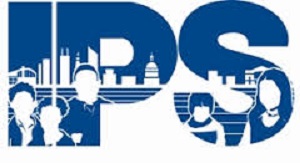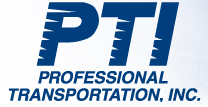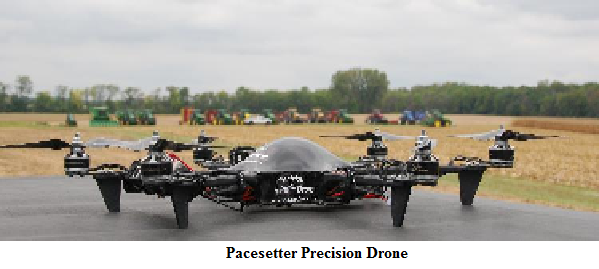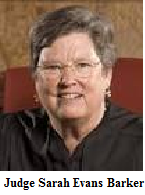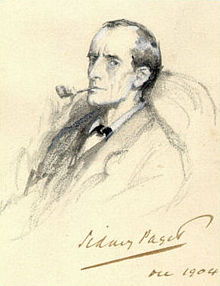Washington D. C. – The United States Senate Judiciary Committee approved S. 1890, the Defend Trade Secrets Act (“DTSA”). If enacted, the bill would create a private cause of action in the federal courts for trade secret misappropriation.
Under Indiana’s Access to Public Records Act, a trade secret is defined as:
information, including a formula, pattern, compilation, program, device, method, technique, or process, that:
(1) derives independent economic value, actual or potential, from not being generally known to, and not being readily ascertainable by proper means by, other persons who can obtain economic value from its disclosure or use; and
(2) is the subject of efforts that are reasonable under the circumstances to maintain its secrecy.
The proposed legislation uses a similar definition:
[T]he term “trade secret” means all forms and types of financial, business, scientific, technical, economic, or engineering information, including patterns, plans, compilations, program devices, formulas, designs, prototypes, methods, techniques, processes, procedures, programs, or codes, whether tangible or intangible, and whether or how stored, compiled, or memorialized physically, electronically, graphically, photographically, or in writing if —
(A) the owner thereof has taken reasonable measures to keep such information secret; and
(B) the information derives independent economic value, actual or potential, from not being generally known to, and not being readily ascertainable through proper means by, the public.
The DTSA would be the civil counterpart to the Economic Espionage Act of 1996, a criminal statute that uses the same definition of “trade secret” as the DTSA.
This would be the first time that individuals would have a private, federal right of action for theft of trade secrets. Presently, those seeking redress in civil court for theft of trade secrets must resort to claims based on state law or seek to have a claim for injunctive relief filed by the Attorney General.
The DTSA, if enacted, would address the current patchwork of state laws protecting trade secrets. While those state statutes are similar, with many states having enacted some form of the Uniform Trade Secrets Act (“UTSA”), they are not identical.
The DTSA does not preempt any other law. Thus, where a state’s law governing trade secrets is more generous, a plaintiff retains the ability to sue under that state law also, either in state court or as a pendant claim in a federal lawsuit.
The relief offered under the DTSA contains such remedies as monetary damages, including royalty payments, reimbursement of actual losses caused by the defendant and trebling of a monetary award where punitive damages are found to be appropriate. Injunctive relief and attorneys’ fees may also be recoverable.
 Indiana Intellectual Property Law News
Indiana Intellectual Property Law News



